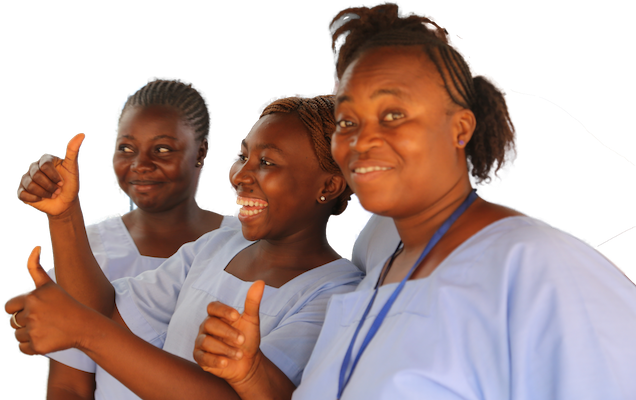The Sabeti Lab’s home is at the Broad Institute where Dr. Sabeti is an Institute Member of the Infectious Disease and Microbiome Program. Our team of computational and experimental geneticists and public health professionals all work together alongside members of the Broad’s scientific programs and platforms. We also collaborate with many great labs, including Alex Shalek, Paul Blainey, Feng Zhang, Deb Hung, and Nir Hacohen.
Massachusetts Consortium on Pathogen Readiness
The Massachusetts Consortium on Pathogen Readiness (MassCPR) aims to prepare us for future pandemics by addressing challenges from the COVID-19 pandemic. The Sabeti Lab has worked with Jeremy Luban at UMassMed, Mike Springer at HMS, John Connor and Anna Honko at BU, and many labs in the Boston community on genomic epidemiology and functional characterization of pathogens to address these challenges.
Operation Outbreak
Inspire Project
In 2015, Dr. Sabeti became connected with Todd Brown at Sarasota Military Academy Prep. Together with Todd and her former postdoc Andres Colubri who is now faculty at UMassMed, as well as the Inspire Project, they launched Operation Outbreak (OO). OO is a STEM-focused educational platform grounded in an outbreak prevention and preparedness curriculum and a Bluetooth-based simulation, designed for inclusivity across educational and socioeconomic backgrounds. We created this tool in combination with a high school outbreak science curriculum to build outbreak preparedness and mitigation capacity in schools.
Massachusetts Department of Public Health
The Sabeti Lab works closely with the Massachusetts Department of Public Health (MDPH) to analyze and inform responses to outbreaks across the state. Our work has been guided by coupling public health needs with the continued advancements in genomics and related data science to address them, doing so during the Zika virus epidemic in 2015-2016, the unusually large mumps virus outbreaks in 2016-2017, and the recent SARS-CoV-2 outbreak. Together with MDPH and other public health partners, we have conducted routine surveillance, outbreak investigations, pandemic response, varying detection and tracking, characterization of population genetic diversity and evolutionary dynamics, microbiome and other metagenomic profiling of complex microbial communities, and clinical diagnostic detection.
Colorado Mesa University
COVIDCheck Colorado
Amidst COVID, the Sabeti Lab and Fathom became connected with COVIDCheck Colorado (CCC) and Colorado Mesa University (CMU) as they were launching programs for COVID response. We have worked closely with John Marshall and Amy Bronson at CMU, developing methods to do surveillance on college campuses.
Former Postdoc Labs
Dr. Sabeti also works closely with many of her former postdocs, including active collaborations with Kristian Andersen at Scripps and Andres Colubri at UMass Med (described above), Cameron Myhrvold at Princeton, Ryan Tewhey at the JAX Lab, and Steve Reilly at Yale. The Myhrvold Lab develops CRISPR-based technologies for studying viral and host RNA; the Tewhey Lab focuses on understanding the precise genetic architecture of complex traits and disease risk in humans; the Reilly Lab develops and applies novel technologies to better understand how genetic changes promote functional changes at the molecular, cellular, and phenotypic levels.
Irrua Specialist Teaching Hospital, Nigeria
The Irrua Specialist Teaching Hospital (ISTH) in Irrua, Nigeria consists of 140 physicians and ~16,000 annual patients, and it is located in rural Nigeria where Lassa is endemic with yearly outbreaks. The hospital has a commitment to research and has collaborated with researchers at the Bernhard-Nocht Institute (BNI) in Hamburg on one of the best recent epidemiological studies on Lassa.
Kenema Government Hospital, Sierra Leone
The Kenema Government Hospital (KGH) in Kenema, Eastern Province, Sierra Leone, is located in an area with the highest prevalence of Lassa Fever anywhere in the world. Lassa Fever and Ebola research in this region was re-established, and the biomedical infrastructure was expanded for this research to continue at KGH.



